We use cookies to distinguish you from other users and to provide you with a better experience on our websites. Close this message to accept cookies or find out how to manage your cookie settings.
Communication, Society and Politics is a series that probes the political and social impacts of communication processes and systems in national, comparative, and global contexts. The series adopts a broad definition of politics as the exercise of power within and between nations, which includes the social, cultural, psychological, and institutional underpinnings of politically significant communication. The series includes a diversity of methods and views, with an emphasis on questions about democracy, equality, justice, and other normative concerns. In recent years, politics in societies across the world have been transformed by communication technologies that blur traditional definitions of news, the nature of citizenship, and the boundaries between public and private life. Many democracies face challenges due to disruptive communication processes operating in the context of declining levels of trust in public institutions, including legacy journalism. One result of these trends is the spread of disinformation by illiberal movements and parties that aim to undermine science, the press, civil society organizations, and other traditional public information sources. A related trend involves the growth of authoritarian regimes that rely on media systems and communication strategies to manage publics. Within these broad trends are many other important communication developments in which communication technologies and networked organization have impacted human rights, climate change, new forms of citizenship and inclusion, and personal political expression. Communication, Society, and Politics provides a platform to explore how people in different societies engage with the ideas that organize their lives.
To save content items to your account, please confirm that you agree to abide by our usage policies. If this is the first time you use this feature, you will be asked to authorise Cambridge Core to connect with your account. Find out more about saving content to .
To save content items to your Kindle, first ensure no-reply@cambridge.org is added to your Approved Personal Document E-mail List under your Personal Document Settings on the Manage Your Content and Devices page of your Amazon account. Then enter the ‘name’ part of your Kindle email address below. Find out more about saving to your Kindle.
Note you can select to save to either the @free.kindle.com or @kindle.com variations. ‘@free.kindle.com’ emails are free but can only be saved to your device when it is connected to wi-fi. ‘@kindle.com’ emails can be delivered even when you are not connected to wi-fi, but note that service fees apply.
Find out more about the Kindle Personal Document Service.

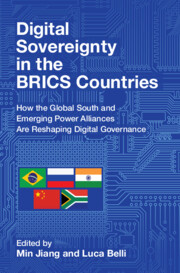


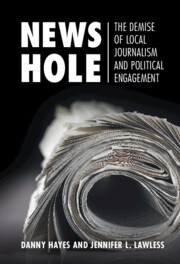


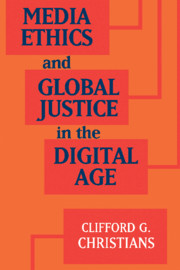



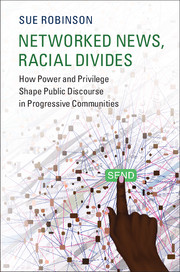

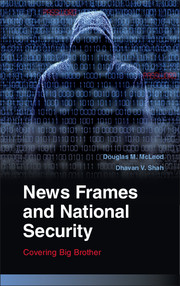

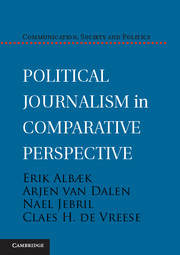
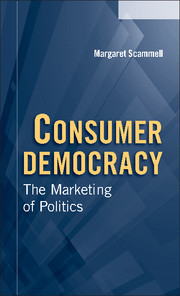



Email your librarian or administrator to recommend adding this to your organisation's collection.